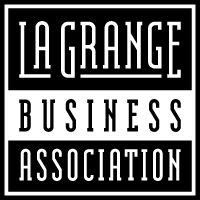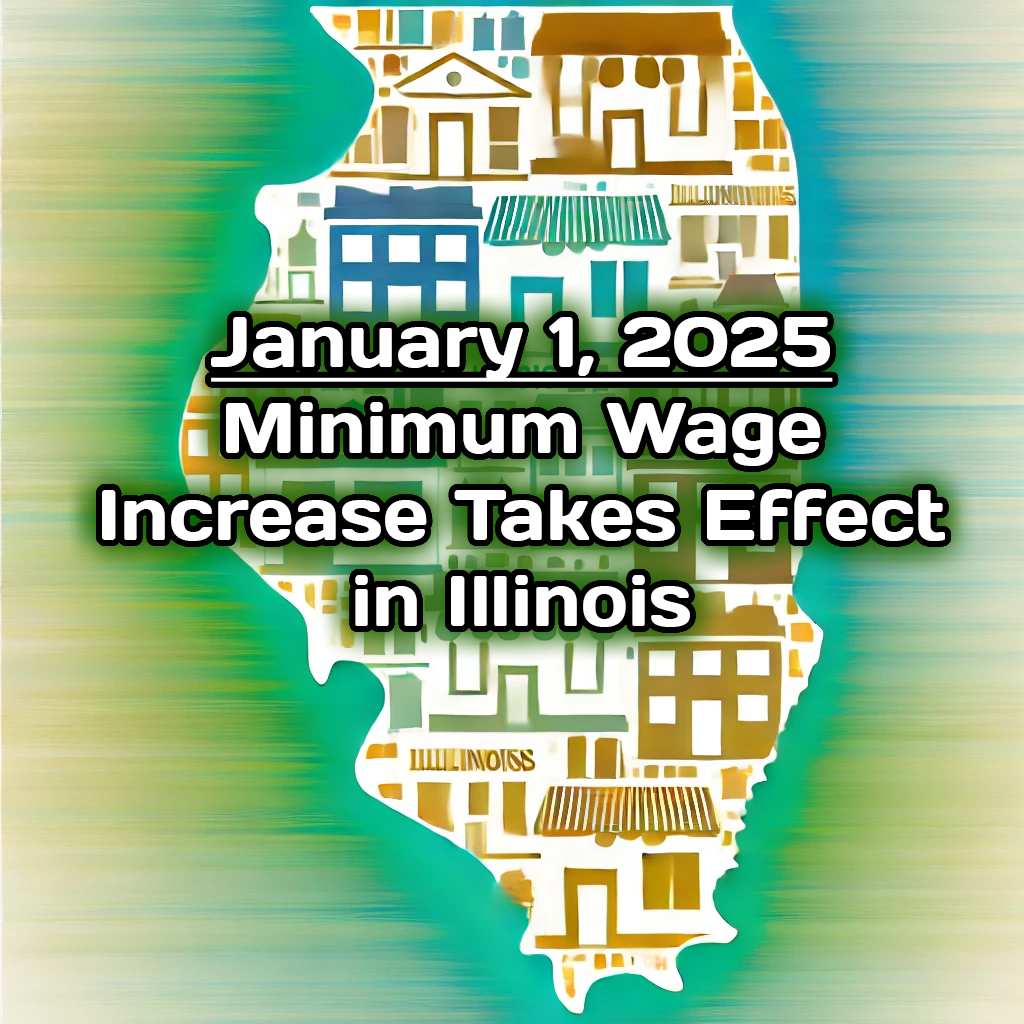As we approach the new year, Illinois businesses and employees should be aware of important changes to the state’s minimum wage law. On January 1, 2025, Illinois will implement the final step in its scheduled wage increases, bringing the standard hourly rate to $15.00 for workers aged 18 and over. This is a significant milestone in the phased adjustments signed into law in 2019.
Here’s a breakdown of the changes and how they may affect you:
Key Details
- Standard Minimum Wage:
Workers aged 18 and older will see their hourly pay increase from $14.00 to $15.00. - Tipped Employees:
The minimum base wage for tipped employees will rise from $8.40 to $9.00 per hour. Employers are still required to ensure tipped employees earn at least the standard $15.00 minimum wage when tips are included. If tips fall short, employers must make up the difference. - Youth Workers:
Employees under 18 who work fewer than 650 hours per calendar year will receive a minimum wage increase from $12.00 to $13.00 per hour.
What This Means for Employers
- Payroll Adjustments:
Businesses must update payroll systems to comply with the new wage rates by January 1, 2025. Non-compliance can result in penalties. - Posting Requirements:
Employers must display updated labor law posters in a location visible to all employees. These posters should reflect the new wage rates. - Local Ordinances:
While the Illinois state minimum wage applies universally, some municipalities have their own minimum wage laws with higher rates. For example, Chicago’s minimum wage is currently $16.20 per hour for employers with four or more employees.
Background
In 2019, Governor J.B. Pritzker signed legislation mandating a gradual increase in Illinois’ minimum wage, with the goal of reaching $15.00 per hour by 2025. This adjustment was designed to support workers across the state while giving businesses time to prepare.
Next Steps for Employers
To ensure a smooth transition, Illinois businesses should take the following actions:
- Review Compensation Structures:
Verify that all employees, including tipped and part-time workers, are compensated according to the new minimum wage requirements. - Update Documentation:
Revise payroll records, employee handbooks, and any internal policies to reflect the wage increase. - Communicate with Employees:
Share information about the upcoming changes to keep your team informed and aligned.
Staying Compliant
If you’re a business owner or manager, understanding these changes is critical for staying compliant and avoiding penalties. For additional details, visit the Illinois Department of Labor’s Minimum Wage Law page.
By staying informed and proactive, businesses can ensure compliance with the new minimum wage laws while supporting employees through this transition.
If you have any questions, feel free to reach out to the La Grange Business Association (LGBA) for guidance. Let’s work together to start 2025 on the right foot!

